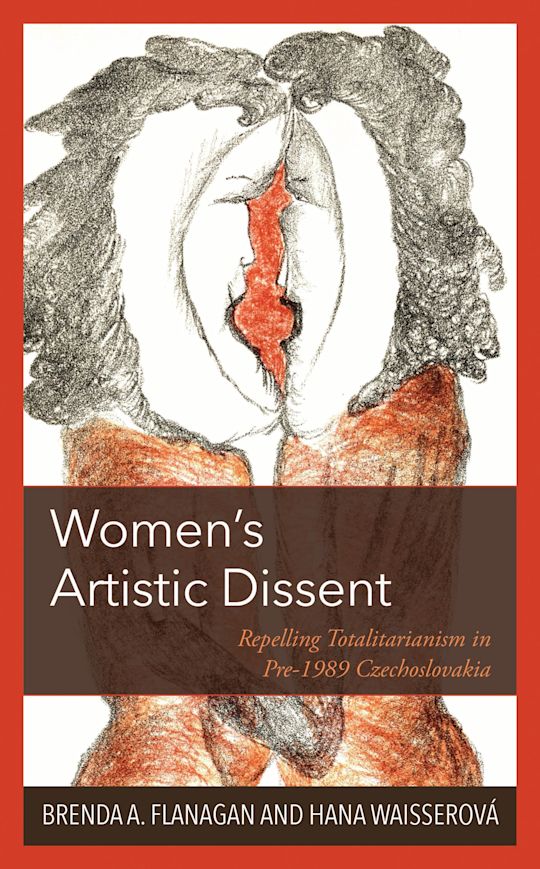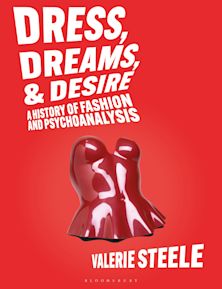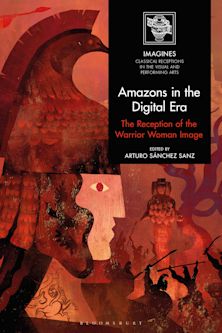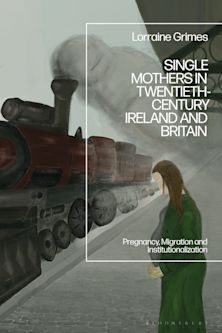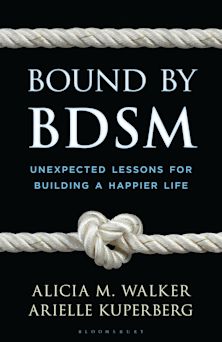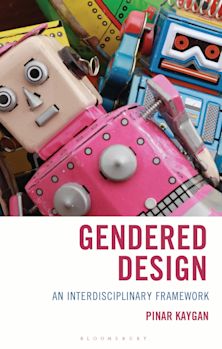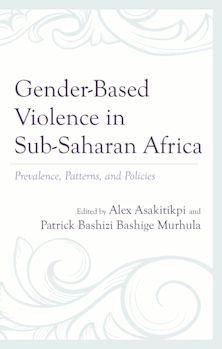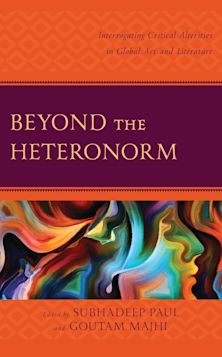- Home
- ACADEMIC
- Gender & Sexuality Studies
- Gender and Sexuality Studies - Other
- Women’s Artistic Dissent
Women’s Artistic Dissent
Repelling Totalitarianism in Pre-1989 Czechoslovakia
Women’s Artistic Dissent
Repelling Totalitarianism in Pre-1989 Czechoslovakia
You must sign in to add this item to your wishlist. Please sign in or create an account
Description
To survive Totalitarianism and retain their humanity, Czech women writers went underground to write, paint, sculpt, and create supportive communities. This book explores fiction, poetry, and life-sustaining activities of Eva Švankmajerová, “Mother of Czech Surrealism,” and Eda Kriseová, journalist, fiction writer, essayist, and activist who served in President Václav Havel's first Cabinet, among other Czech women who wrote and engaged in dissent during the years when Czechoslovakia ached under Soviet rule.
Women's Artistic Dissent: Repelling Totalitarianism in pre-1989 Czechoslovakia highlights and unearths the work of women that is often undervalued and unacknowledged. Flanagan and Waisserová carefully detail the variety of ways in which women resisted through literature and ecological activities, shedding new light on the ways in which individuals and communities can retain their humanity even as they resist and repel dictatorial regimes in their countries.
Table of Contents
List of Illustration and Figures
Acknowledgments
Introduction
Chapter 1: Exegeses
Chapter 2: Eva Švankmajerová: Surrealist. Dissident
Chapter 3: Eda Kriseová: Art of Living. Art of Dissent.
Chapter 4: Dissent in Women's Voices
Bibliography
About the Authors
Product details
| Published | Dec 15 2023 |
|---|---|
| Format | Ebook (Epub & Mobi) |
| Edition | 1st |
| Extent | 278 |
| ISBN | 9781666904734 |
| Imprint | Lexington Books |
| Illustrations | 11 b/w photos |
| Publisher | Bloomsbury Publishing |
About the contributors
Reviews
-
Women's Artistic Dissent is [an] important work and an interesting read that significantly extends scholarly understanding of the Czechoslovak dissident movement... It will be of interest to anyone working on the history and culture of dissidence, women's lives under Communism, or the culture of Normalization-era Czechoslovakia more generally.
Slavonic and East European Review
-
Women's Artistic Dissent: Repelling Totalitarianism in Pre-1989 Czechoslovakia, a tribute to Czech women dissidents, focuses on the writer Eda Kriseová and the Surrealist artist and writer Eva Švankmajerová, who carved, through their art and writing, spaces of freedom, resistance, and empathy, within oppressive Communist Czechoslovakia, but also within the male-dominated dissent. Flanagan and Waisserová are uniquely qualified to write this book: transnational educators and writers, they possess a keen understanding of the interplay between art, political repression, and gender. With respect and admiration for their subjects' commitment to imagination, authenticity, and environmental sustainability, they let Kriseová and Švankmajerová speak for themselves, through fiction and interviews: as much as about them, they write with them. The book's insightful portrayals of the two women fill a gap in our understanding of dissent and art in Czechoslovakia.
Veronika Tuckerová, Harvard University
-
The personal is political' was a feminist rallying cry of the late 1960s and 1970s, and this book explores how creative women artists in totalitarian Czechoslovakia experienced the slogan's implications. It is a welcome step in the direction of confronting women as 'enigmas of the dissident movement' by doing justice to their creative and activist legacies.
David Danaher, University of Wisconsin-Madison
-
Flanagan and Waisserova reveal women's truth in the Czech dissident artistic milieu. It is a resource for rediscovering overlooked literary and critical discourse and the overall achievements of women's actions to overcome a totalitarian regime.
Tony Ozuna, Anglo-American University
-
Women's Artistic Dissent is a revolutionary book. Despite the fact that in the communist countries of the so-called Middle Europe (Mitteleuropa) women have constituted the majority within the groups opposing the regime and their responsibilities in those groups were often the most strenuous, they either gave up their spotlight themselves or were forced to concede their place to men. The merits of women have been marginalised by history (with the word "herstory" being introduced only recently). This book points the spotlight directly to the women of democratic opposition. Most importantly, it does justice to exceptional, talented artists Eda Kriseová and Eva Švankmajerová.
Agnieszka Holland, award-winning director and screenwriter

ONLINE RESOURCES
Bloomsbury Collections
This book is available on Bloomsbury Collections where your library has access.








